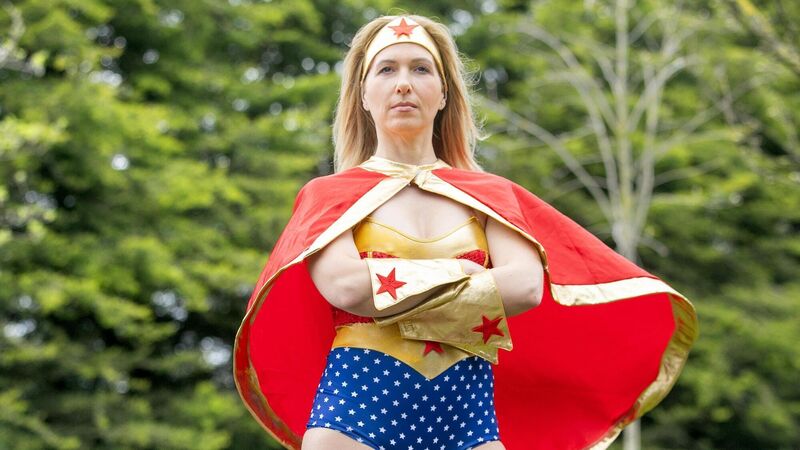How The Fabulous Pharmacist wants to end the shame around women's bodies

Laura Dowling: "There’s a huge gap in education about women’s bodies. Women don’t have the language to talk about them or the knowledge to look after them." Pic: Gareth Chaney











